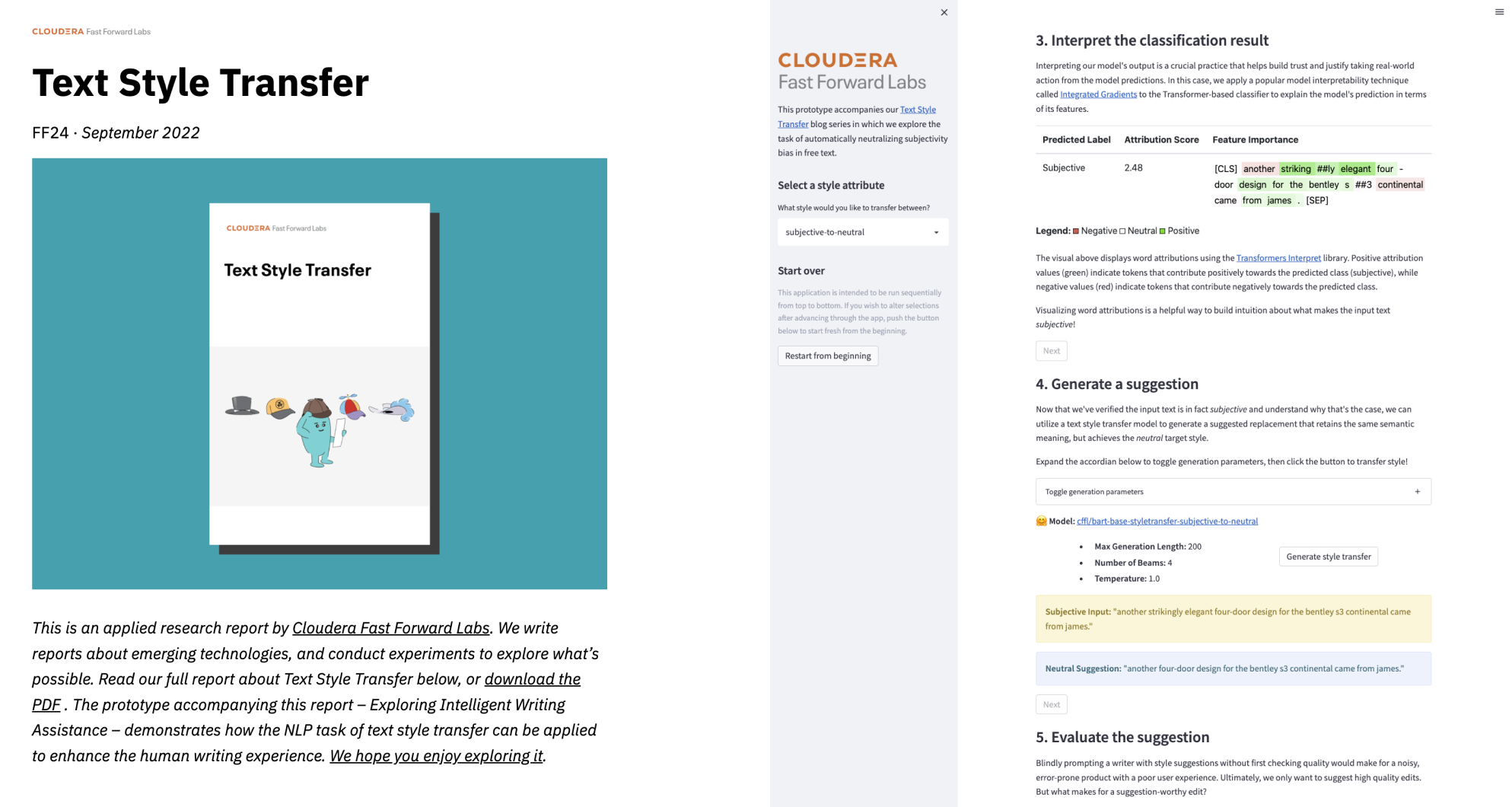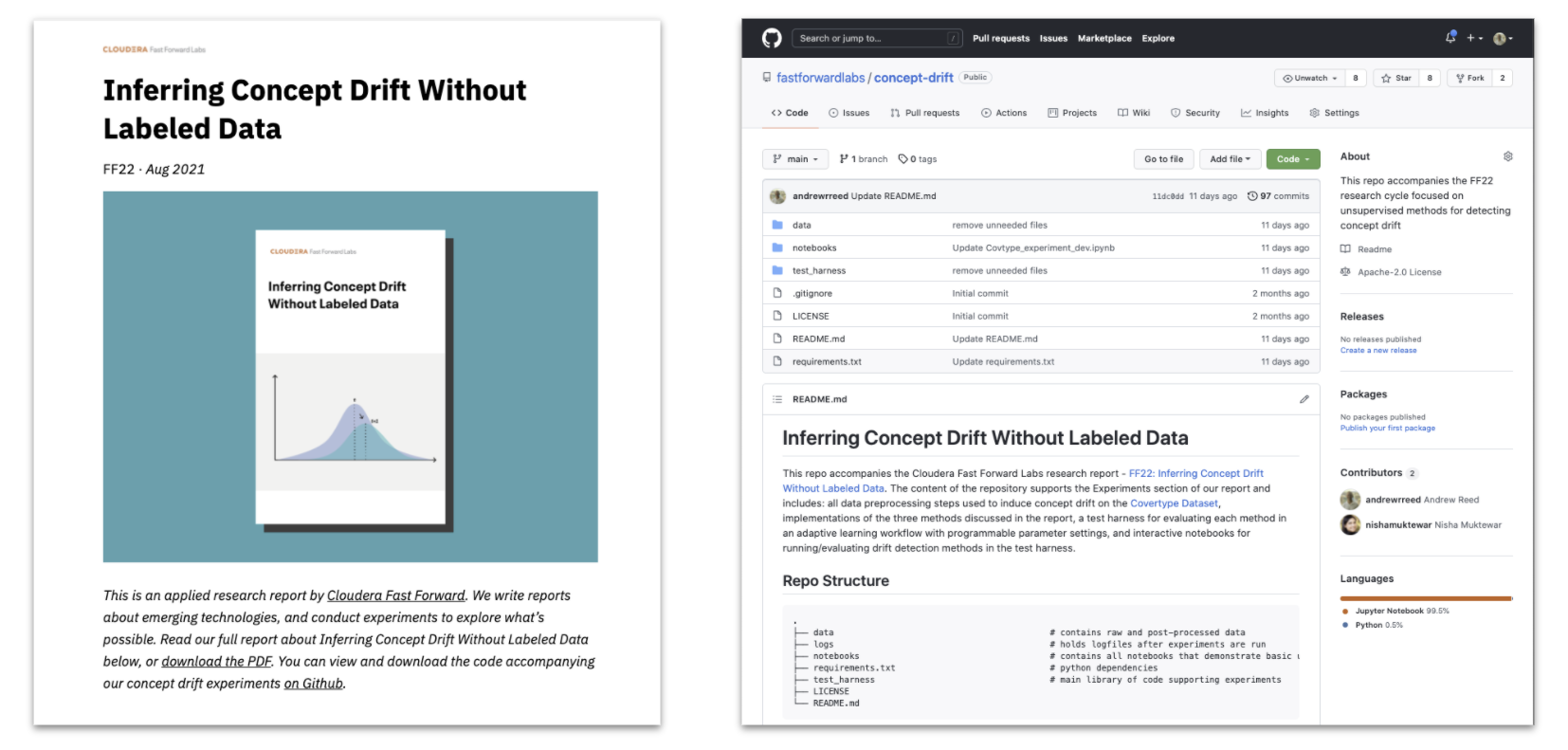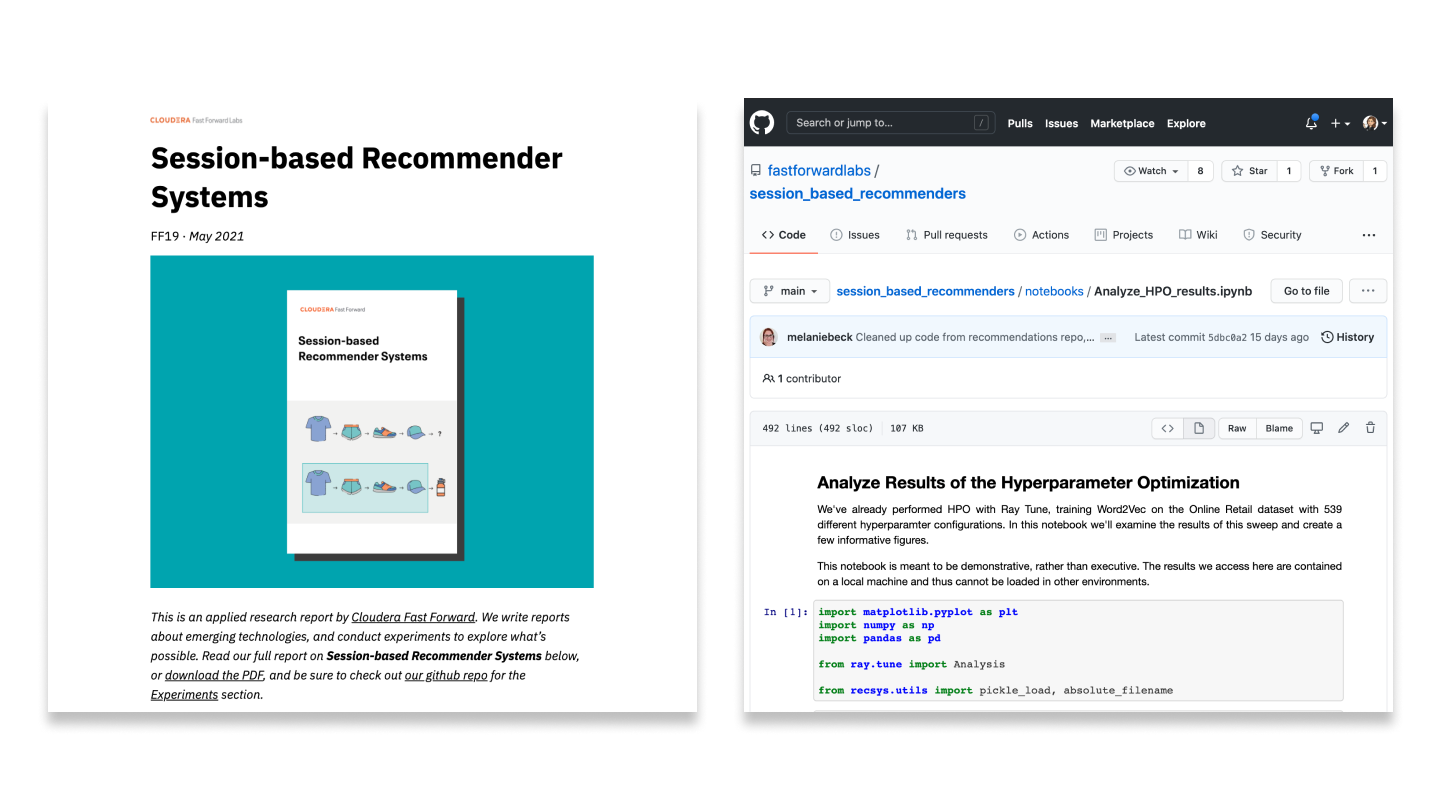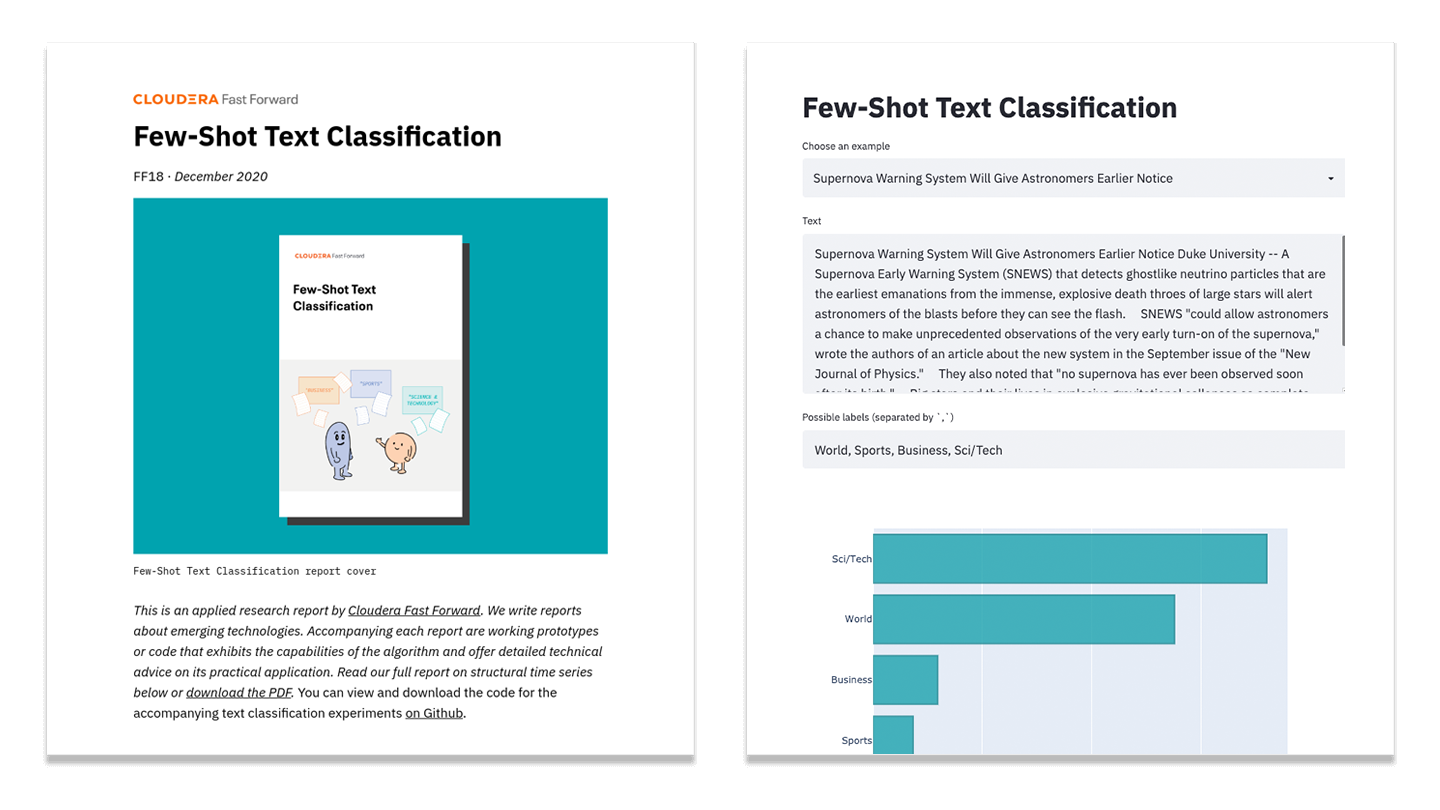Jul 27, 2016 · post
Late Summer Reading List
It’s July 27. 89 degrees with high humidity on the sweltering New York City streets. We’re hard at work on our probabilistic programming report and prototype and looking forward to some good reads on the beach.
Here are our recommendations for the dog days of summer!
Homage to a great physicist, in a textbook: David MacKay, a Cambridge physicist, influenced the machine learning field by fusing together Bayesian methods with artificial neural nets. He passed away in April. Information Theory, Inference and Learning Algorithms is a meaty textbook with lots of good examples comparing inference techniques.
Machine learning resources for developers and data scientists: Google’s TensorFlow, released late last year, is a popular deep learning library. O’Reilly recently released a Hello, TensorFlow! post to help you start playing around and developing your first graph. Denny Britz also has a great series on using TensorFlow to build domain-specific chatbots. And if you’re into the chatbot craze (like 95% of Fast Forward Labs enterprise clients), check out this overview in The Morning Paper.
Science fiction that helps us imagine the future: If you’re into science fiction as just-barely-masked political critique, check out Malka Older’s Infomocracy, about the information powerhouses of our age. If you’re into role-playing games and virtual worlds, Empires of Eve narrates the history of how a virtual world dovetailed with real-world events since its inception in 2003. And if you’re into essayistic travel narratives, check out J. M. Ledgard’s Terra Firma Triptych, which takes an expansive and hopeful look at how technology could better serve developing countries.
Ethics and algorithms: Enterprises adopting machine learning must invest time to make sure it is used fairly and in compliance with regulations. That’s tough, and is getting tougher. The European Union recently passed legislation mandating a “right to explanation” that could curtail adoption of deep learning tools, as in financial services in the United States. We anticipate upcoming discussions on what explanation means in the machine learning domain and ever more studies like this one by Bolukbasi (et al) on quantifying and reducing stereotypes in word embeddings.
Corporate social and policy issues affiliated with technology: There’s a lot of talk about machine learning’s impact on employment. Andy Stern, a former labor organizer, suggests the solution of universal basic income to help prepare for a world without work (we don’t believe work will be the province of AI anytime soon, but do think we should think about these issues critically). As regards gender equality in the workplace, we like Iris Bohnet’s What Works as a framework for addressing the problem at its roots.
Podcast department: If you prefer listening to reading, we like Data Skeptic (for more technical stuff) and Fashion Is Your Business (for interesting innovations in fashion and retail).
Have a great August!
- Kathryn










